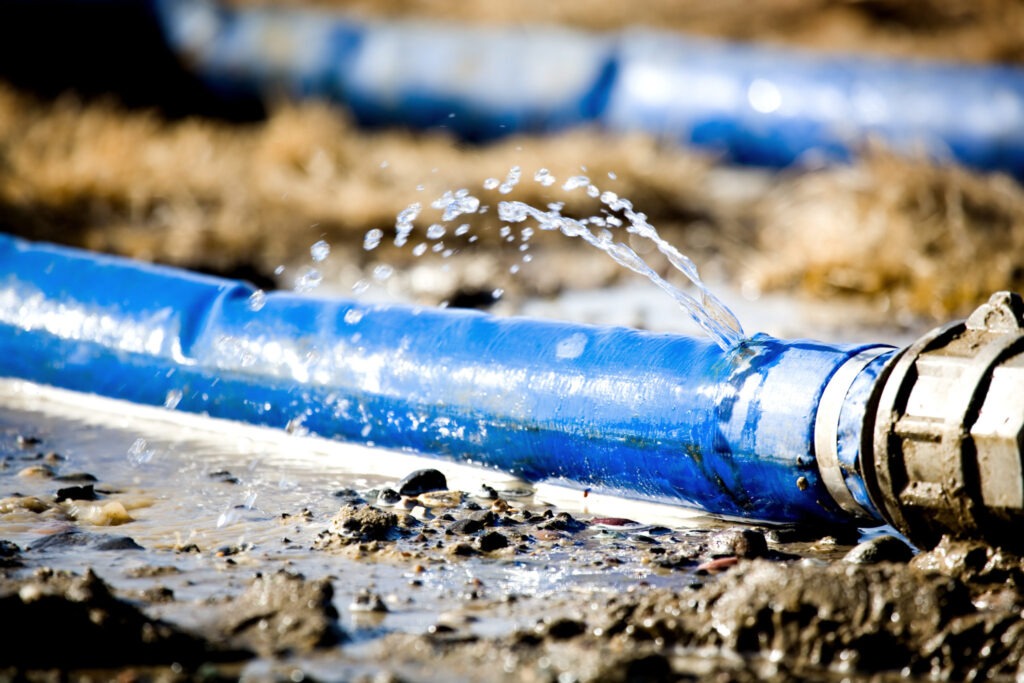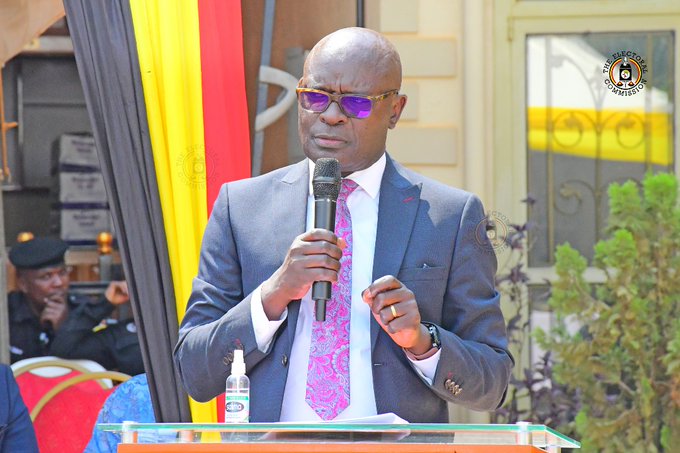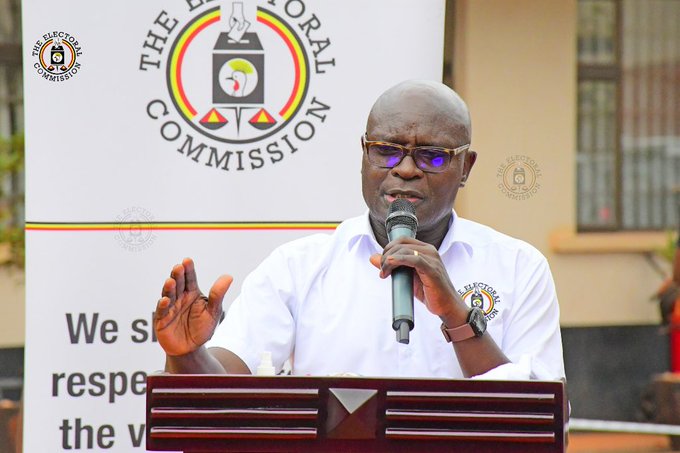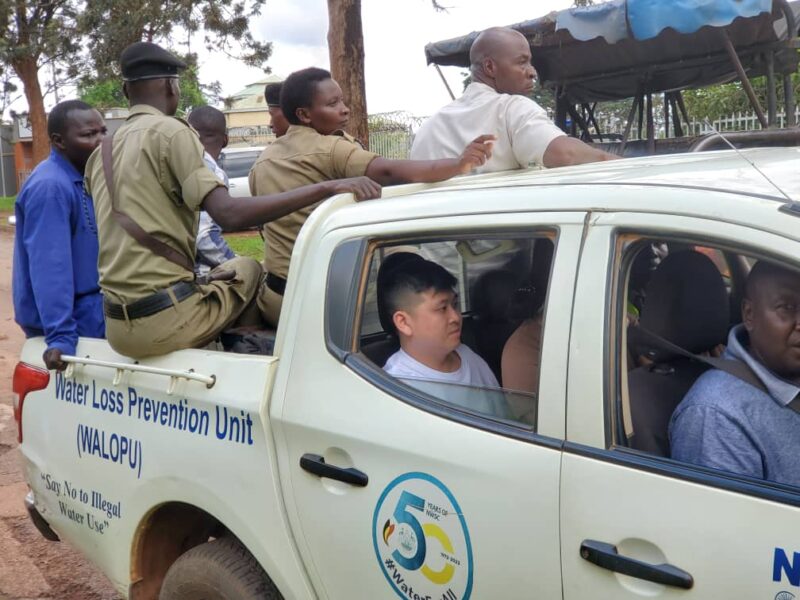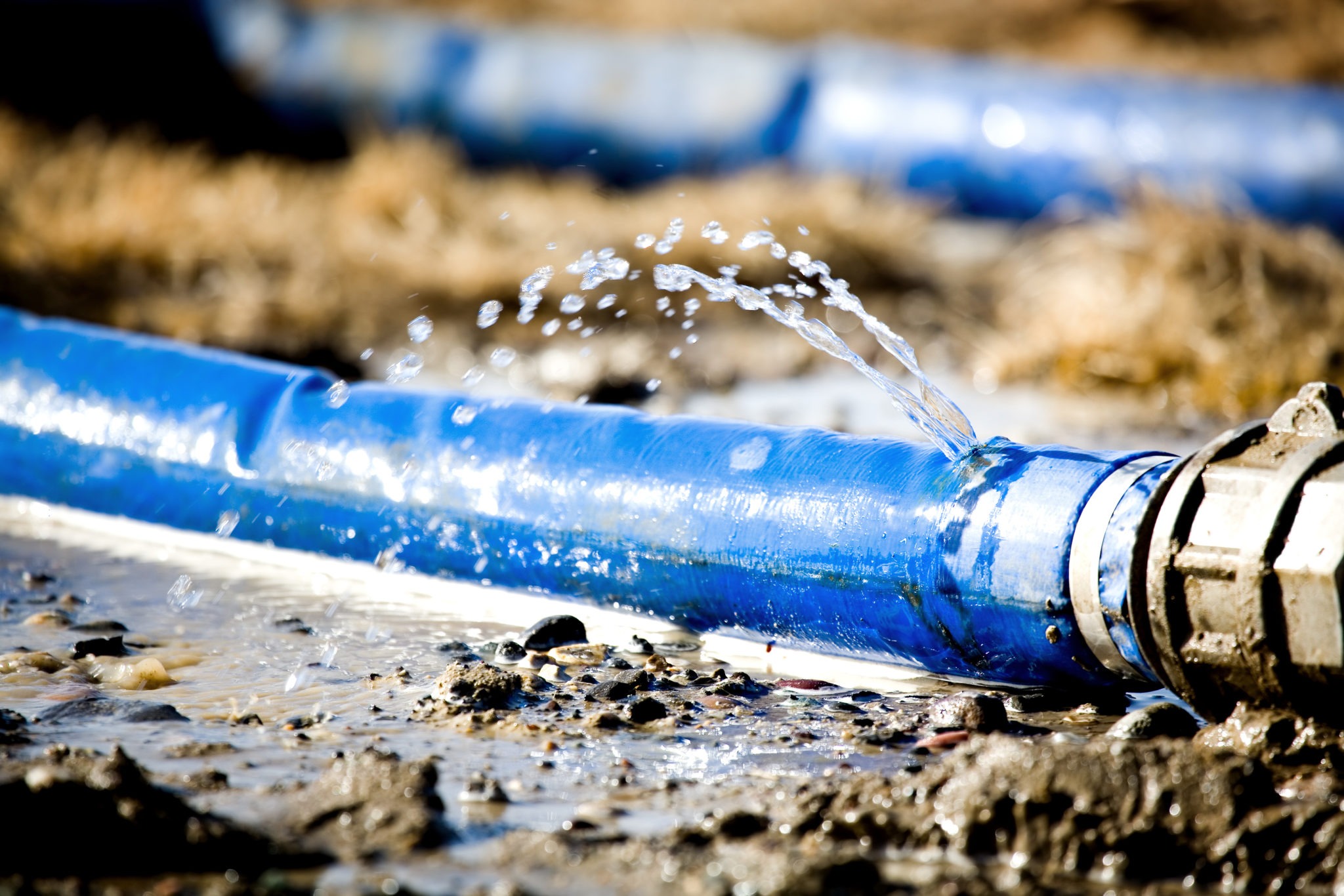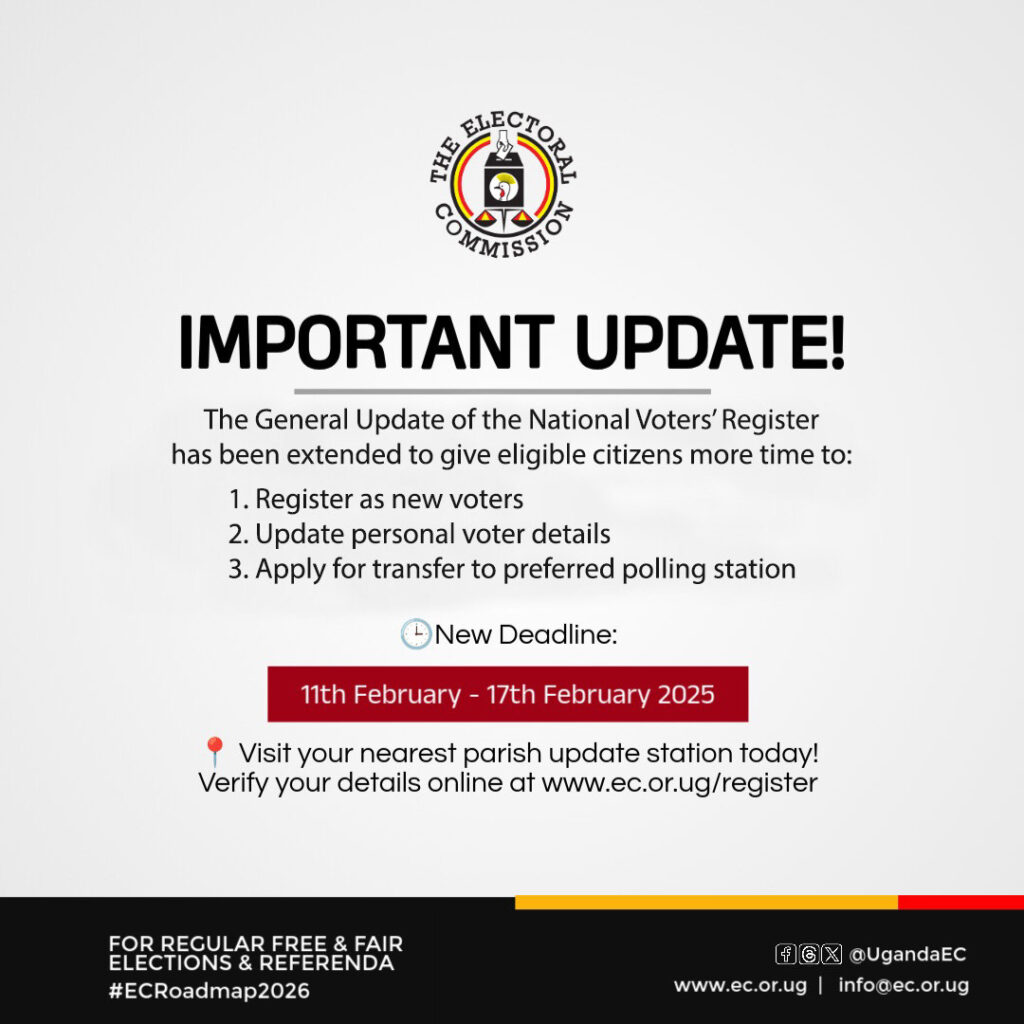Kampala, Uganda: Water leakage is a silent crisis that plagues households and communities in Uganda, wasting billions of gallons of water annually and driving up utility bills.
But who is responsible for fixing these leaks, and how can they be addressed effectively?
The answer lies in understanding the intricate web of responsibility shared between homeowners, plumbers, and public utilities like the National Water and Sewerage Corporation (NWSC). Here are a few issues in the water sector that must capture our attention and arouse a sense of popular responsibility among us:
The Hidden Cost of Water Leaks
Water leaks are more than just a nuisance—they are a significant source of water waste. On average, households lose about 5 gallons of water per day to indoor leaks alone.
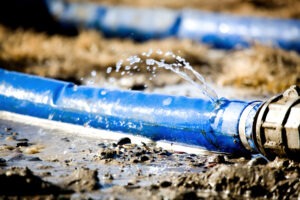
While some leaks, like dripping faucets or hissing toilets, are easy to spot, many go undetected for years, hidden behind walls or underground. These invisible leaks can lead to skyrocketing water bills, structural damage, and even environmental harm.
Who Fixes What?
The responsibility for fixing water leaks depends on the location and nature of the problem. Here’s a breakdown of who handles what:
Homeowners and Tenants
If a leak occurs within your property, it’s your responsibility to address it. Minor issues, such as a dripping faucet or a loose pipe connection, can often be fixed with basic DIY skills. However, for more complex problems, it’s crucial to call a licensed plumber. Ignoring leaks can lead to costly repairs down the line.
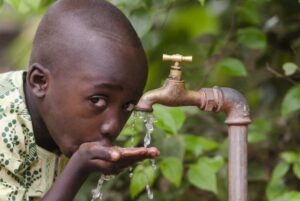
Plumbers: The First Line of Defense
Plumbers are the unsung heroes of the water supply network. They specialize in diagnosing and repairing leaks in plumbing systems, from leaky pipes to malfunctioning water heaters. Toilet leaks, for instance, are a common household issue. Research shows that 20% to 35% of residential toilets leak to some degree, often silently. Plumbers can identify and fix problems like faulty flush mechanisms, damaged floats, or worn-out refill valves.
National Water and Sewerage Corporation (NWSC)
When it comes to leaks outside your property, the NWSC steps in. They are responsible for maintaining and repairing water mains and distribution lines that deliver water to homes and businesses. If you notice a leak in the main water supply line or near the meter, it’s essential to contact NWSC immediately. Attempting to repair these leaks yourself can lead to further damage and potential legal issues.
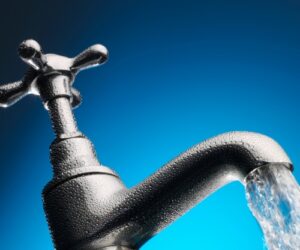
Detecting and Reporting Leaks
Detecting leaks early is key to minimizing damage and water waste. Here are some common signs of leaks:
· Toilet Leaks: Hissing or gurgling sounds when the toilet is not in use.
· Supply Line Leaks: Constantly damp soil near where the supply line enters the house or water pooling in the meter box.
· Underground Leaks: Water surfacing above the path of an underground pipe.
If you suspect a leak, act quickly. For leaks within your property, contact a plumber. For issues with the main supply line, reach out to NWSC through their toll-free helplines (0800200977 or 0800300977) or digital platforms (www.nwsc.co.ug and social media).
A Call to Action
Water is a precious resource and every drop counts. By promptly addressing leaks and understanding who is responsible for what, we can collectively reduce water waste and protect our communities. As the NWSC reminds us, “You and I can safeguard this precious resource.”
So, the next time you hear a drip or notice a damp patch, don’t ignore it—take action. Whether calling a plumber or reporting a leak to NWSC, your efforts can make a difference.
Report a Leak Today:
· Toll-Free Helplines: 0800200977 or 0800300977
· Website: www.nwsc.co.ug
· Social Media: Facebook, X/Twitter, Instagram, YouTube
Together, we can turn the tide on water leakage—one drip at a time.

